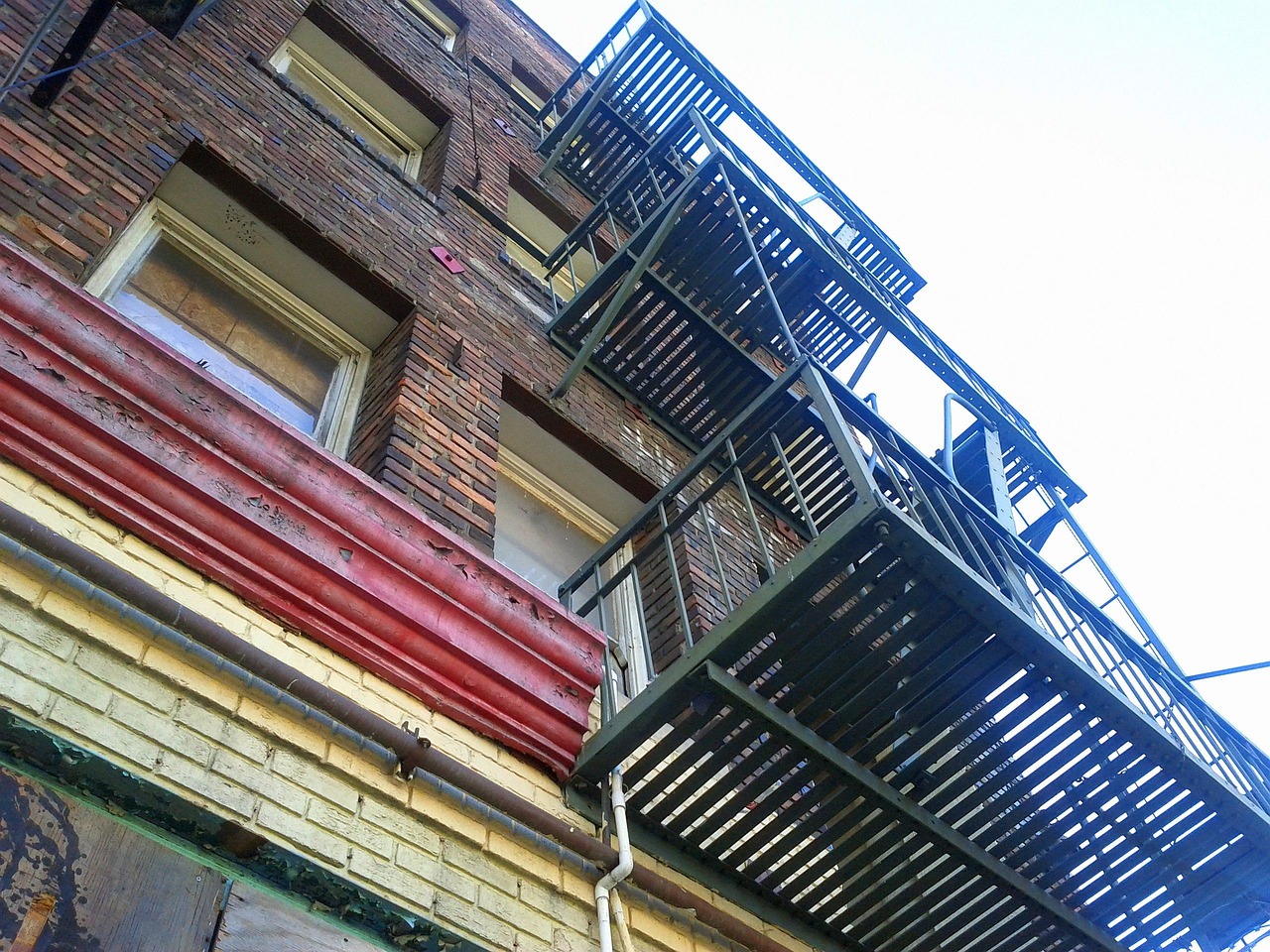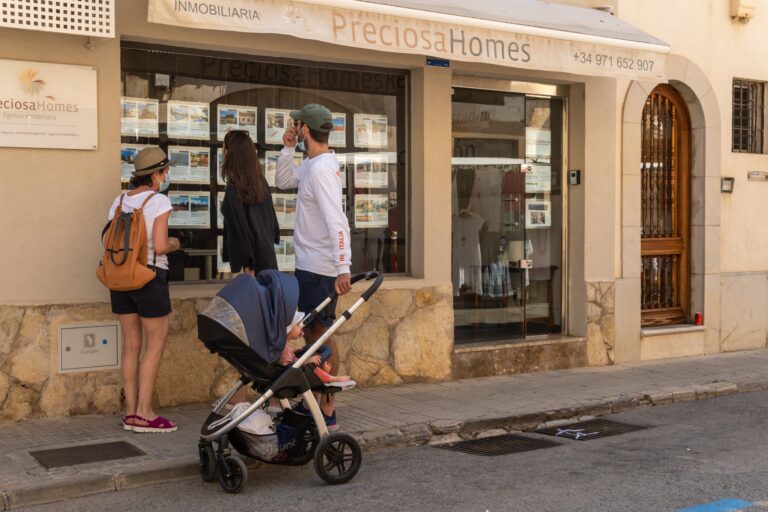Quick comments 17/04/2023
I am writing some urgent notes in response to all of you who have contacted me since then about the news that broke late last week: new (or rather, first) state housing law (“Ley por el Derecho a la Vivienda ” is the title of the 2022 Act Draft).
The first thing that must be said is that everything, absolutely everything that is being written is being done based on press releases from Moncloa, from the political parties that say they have agreed to it, and on what all the press has written. The only Act draft for which there is an available document is that of February 18, 2022 (https://www.congreso.es/public_oficiales/L14/CONG/BOCG/A/BOCG-14-A-89-1 .PDF). This Draft was discontinued, so I understand that we are now talking about another one. From the press releases, etc., it seems that, indeed, it is another one.
I have searched the websites of Moncloa, Congress, Senate, Ministry of Transport, Mobility and Urban Agenda (the competent one), General Secretariat of the Urban Agenda, Housing and Architecture of that Ministry (the state department in charge of drafting). Nothing at all. So my clients ask me for an opinion on something that no one knows yet how it will be and, perhaps, if it will be. Undoubtedly, the result of the municipal and regional elections on May 23 will have a lot to say about whether these terms are ratified, or instead the measures are frozen to avoid political damage to the promoters in the general elections at the end of the year. And if it becomes real, it is possible that the lion’s part is in the final provisions of the Act, and in how the scope of application is regulated. Because regional governments shall decide to what extent implement the content of the Law. In short: I am more likely to hit the casino than with an assessment of what will happen with this topic.
Having said the above, and with all these reservations, I see the subject as follows. It’s all a personal opinion:
Elimination of the CPI as a reference index for the indexation of the rent. It seems that during the year 2023 the current limit of 2% will be applied, which will become 3% in 2024. From then on, a new index “more stable and lower than the evolution of the CPI” will be created. If the CPI is higher than that, the owner loses, that is not open to discussion. But you will agree with me that nobody knows what inflation will be in 2024, so nobody knows the consequences of this measure.
Although in my opinion it is not a fair measure because it introduces an imbalance between the parties and changes the rules of the game with the game underway.
Tenant protection measures: It will be the owner who must take charge of the expenses and fees produced by the rental of a property.
It was about time the law said what common sense says. The service is paid by the person who requests it. And in the rental who puts the properties on the market are the owners. Tenants who want to hire advisors (personal shoppers, etc.) may do so without having to also pay the owner’s advisor.
Stressed areas and price limitations: to those of us who live in Catalonia this does not sound strange, because we already had it for a while. I have not been able to form myself an opinion on the effectiveness of the measure while it was in force in Catalonia. I do not know if the time during which it was in force was an absolute disaster, if it was quite indifferent, or if it led to more apartments and at a better price. Since I am not dogmatic, I read the press and studies of all kinds, and there is no consensus on the academia.
Nor does anyone know who will calculate these indices in the stressed areas, sources of information, methodologies, etc. And that is the “key point” of the matter.
So total skepticism. But I just want to point out two things.
The first is that the Constitutional Court ruled out in 2022 the Catalan Law on rental limits not because of a conceptual issue (in fact, in the sentence you can read between the lines that this would seem good to them in legal terms) but because of a territorial competence issue. Therefore, it seems that the concept is sound from a legal point of view now that the legislator is the “Cortes Generales” (Madrid).
The second is an obvious fact: there are many people who cannot pay their rent. A lot of them. And whoever doesn’t want to see that is blind. Proof of this is that while the Catalan Law 11/2020 on the matter was in force, there were even municipalities governed by the Popular Party that requested to be declared a stressed area so that rents were limited. For example Badalona, and it doesn’t seem that Albiol is a guy suspected of being a “commie”.
Definition of ‘large holder’: it seems that it drops from 10 to 5 properties and that natural persons can also be. These are two very substantial changes compared to the first project of February 2022. We do not have more details in the press releases, etc. It is not known how the perimeter will be calculated in legal entities (group of companies?), or in moral persons (family?). We also don’t know how multiple owner situations will be dealt with. For example, will having 30% of 3 floors count as having 1 floor (you have 90% of homes) or as 3 floors? Does the legal but not beneficial owner of a home count as the owner if he cannot rent anything? and so many questions. That’s why it’s so hard to give an opinion now.
In Catalonia we already have a definition of a large holder, and it refers to 10 homes and only legal entities. The Catalan law also clarifies that companies will be calculated within the perimeter of the group of companies of the Commercial Code, which is very broad.
Evictions: evictions without a predetermined date and time are prohibited, and new extensions are included in the eviction procedures, with a postponement of more than two years. Likewise, mandatory access to out-of-court settlement and mediation procedures is included.
Of all the things that have been announced, this is possibly the most disturbing of all. Every time the legislator has the opportunity to act in the sphere of the public service of justice, it is clear that it does not give a damn for citizen’s rights. The poor quality of this public service that the taxpayer receives is unbearable. The duration of legal proceedings in general, and in terms of leases in particular, is inhumane. There are many people and families who are literally ruining themselves since the suspension of evitions that began in 2020 with the pandemic. There are reliable studies that analyze that a proper functioning of the public justice service would return thousands of homes to the market (Mora Sanguinetti, Bank of Spain, https://www.funcas.es/wp-content/uploads/2021/05/PEE- 168_5.pdf).
On mandatory mediation before going to court: total and absolute skepticism. If the execution of eviction sentences is already a drama, does anyone dare to think in practice what it would be like to execute an arbitration resolution in which it has been agreed, for example, to abandon the property, and not abandon it?





